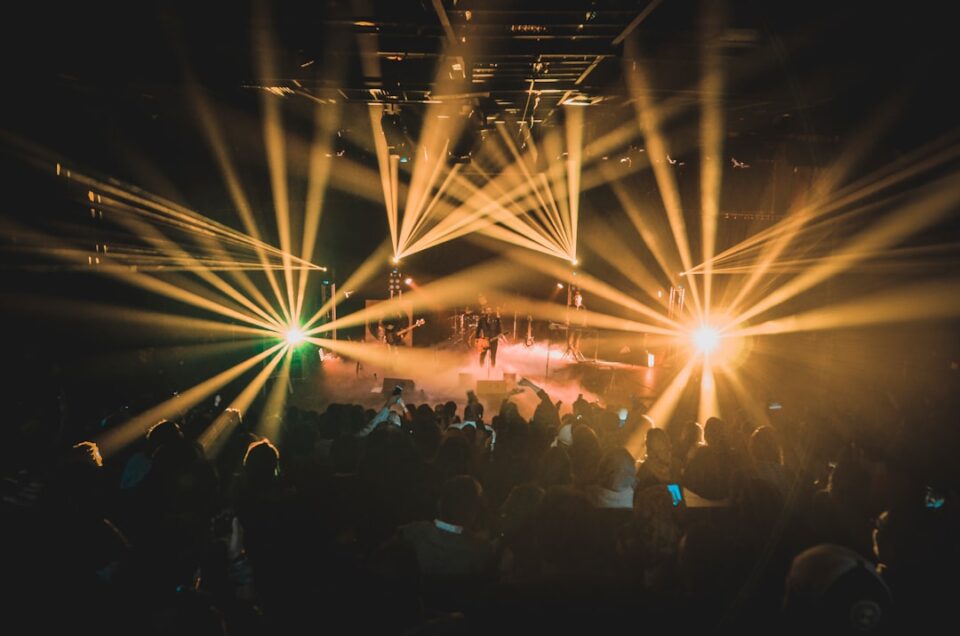Reality TV shows have become a staple in television programming over the past few decades, captivating audiences with a unique blend of drama, competition, and real-life storytelling. From the early days of shows like The Real World and Survivor to the present-day dominance of programs like The Bachelor and Keeping Up with the Kardashians, the evolution of reality TV shows has been a fascinating journey filled with twists and turns.
The Real World, which first premiered in 1992, is often credited as one of the pioneers of the reality TV genre. The show followed a group of young adults living together in a house and facing the challenges of everyday life. The Real World was groundbreaking in its use of unscripted storytelling and raw emotions, drawing viewers in with its voyeuristic peek into the lives of its cast members. The show’s success paved the way for a new breed of reality TV shows that focused on real people and real situations.
Survivor, which premiered in 2000, took the reality TV genre to new heights with its game show format and exotic locations. The show challenged contestants to survive in the wilderness and compete in physical and mental challenges for a chance to win a cash prize. Survivor became a cultural phenomenon, attracting millions of viewers and spawning numerous spin-offs and imitators. The show’s success solidified the reality TV genre as a mainstream entertainment option and set the stage for the explosion of reality TV shows in the early 2000s.
In the mid-2000s, reality TV shows began to diversify and expand into new genres and formats. Shows like American Idol and The Voice brought the competition format to the forefront, showcasing talented singers and musicians vying for a recording contract and a shot at stardom. Other shows, like The Hills and Jersey Shore, focused on the personal lives and relationships of their cast members, blurring the line between reality and scripted television.
Today, reality TV shows continue to evolve and thrive in a digital age where streaming services and social media have changed the way we consume entertainment. Shows like The Bachelor and Love Island have become cultural phenomena, attracting massive audiences and dominating social media conversations. These shows combine elements of drama, romance, and competition to create addictive viewing experiences that keep viewers coming back for more.
The rise of social media has also had a profound impact on the evolution of reality TV shows. Contestants and cast members are now able to interact with fans in real-time, sharing behind-the-scenes moments and engaging directly with their audience. This level of intimacy has helped to create a strong sense of connection between viewers and the stars of their favorite reality TV shows, blurring the lines between reality and fantasy even further.
As reality TV shows continue to evolve and adapt to changing tastes and technologies, one thing remains clear: audiences are captivated by the unique blend of drama, competition, and real-life storytelling that these shows offer. Whether it’s watching contestants compete for love on The Bachelor or following the dramatic ups and downs of the Kardashian family on Keeping Up with the Kardashians, reality TV shows provide a window into the lives of others that is both entertaining and immersive.
In conclusion, the evolution of reality TV shows has been a fascinating journey filled with innovation, creativity, and audience engagement. From the early days of shows like The Real World and Survivor to the present-day dominance of programs like The Bachelor and Love Island, reality TV shows have become a cultural phenomenon that shows no signs of slowing down. With new formats, genres, and platforms emerging all the time, the future of reality TV shows looks brighter than ever.

